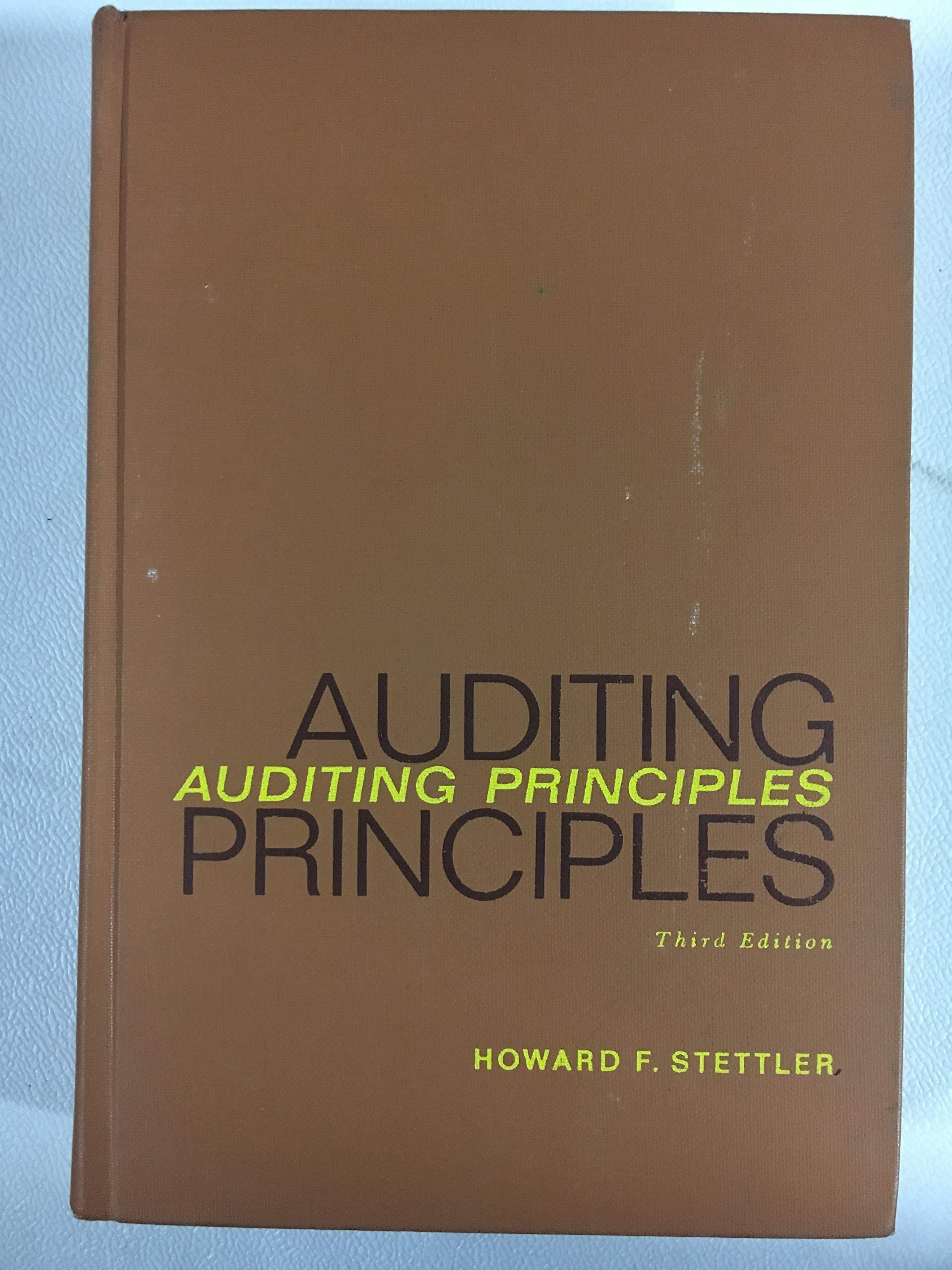Question
1.Which of the following is not one of the policies and procedures that make up an internal control system? A.Protect assets. B.Ensure reliable accounting. C.Guarantee
1.Which of the following is not one of the policies and procedures that make up an internal control system?
A.Protect assets.
B.Ensure reliable accounting.
C.Guarantee a return to investors.
D.Uphold company policies.
E.Promote efficient operations.
2.Principles of internal control include all of the following except:
A.Apply technological controls.
B.Maintaining security by having one person track and record assets.
C.Perform regular and independent reviews.
D.Separate recordkeeping from custody of assets.
E.Divide responsibilities for related transactions.
3.Internal control procedures for cash receipts do not require that:
A.Custody over cash is kept separate from its recordkeeping.
B.All collections for sales are received immediately upon making the sales.
C.Clerks having access to cash in a cash register should not have access to the register tape or file.
D.An employee with no access to cash receipts should compare the total cash recorded by the register with the record of cash receipts reported by the cashier.
E.Cash sales should be recorded on a cash register at the time of each sale.
4.Which of the following procedures would weaken control over cash receipts that arrive through the mail?
A.After the mail is opened, a list (in triplicate) of the money received is prepared with a record of the sender's name, the amount, and an explanation of why the money is sent.
B.The bank reconciliation is prepared by a person who does not handle cash or record cash receipts.
C.For safety, only one person should open the mail, and that person should immediately deposit the cash received in the bank.
D.The cashier deposits the money in the bank and the recordkeeper records the amounts received in the accounting records.
E.The employees handling the cash receipts are bonded.
5.The entry to establish a petty cash fund includes:
A.A debit to Cash and a credit to Petty Cash.
B.A debit to Cash and a credit to Cash Over and Short.
C.A debit to Petty Cash and a credit to Cash.
D.A debit to Petty Cash and a credit to Accounts Receivable.
E.A debit to Cash and a credit to Petty Cash Over and Short.
6.Spencer Co. has a $300 petty cash fund. At the end of the first month the accumulated receipts represent $53 for delivery expenses, $167 for merchandise inventory, and $22 for miscellaneous expenses. The fund has a balance of $58. The journal entry to record the reimbursement of the account includes a:
A.Debit to Petty Cash for $300.
B.Debit to Cash Over and Short for $58.
C.Credit to Cash for $242.
D.Credit to Inventory for $167.
E.Credit to Cash Over and Short for $58.
Step by Step Solution
There are 3 Steps involved in it
Step: 1

Get Instant Access to Expert-Tailored Solutions
See step-by-step solutions with expert insights and AI powered tools for academic success
Step: 2

Step: 3

Ace Your Homework with AI
Get the answers you need in no time with our AI-driven, step-by-step assistance
Get Started


